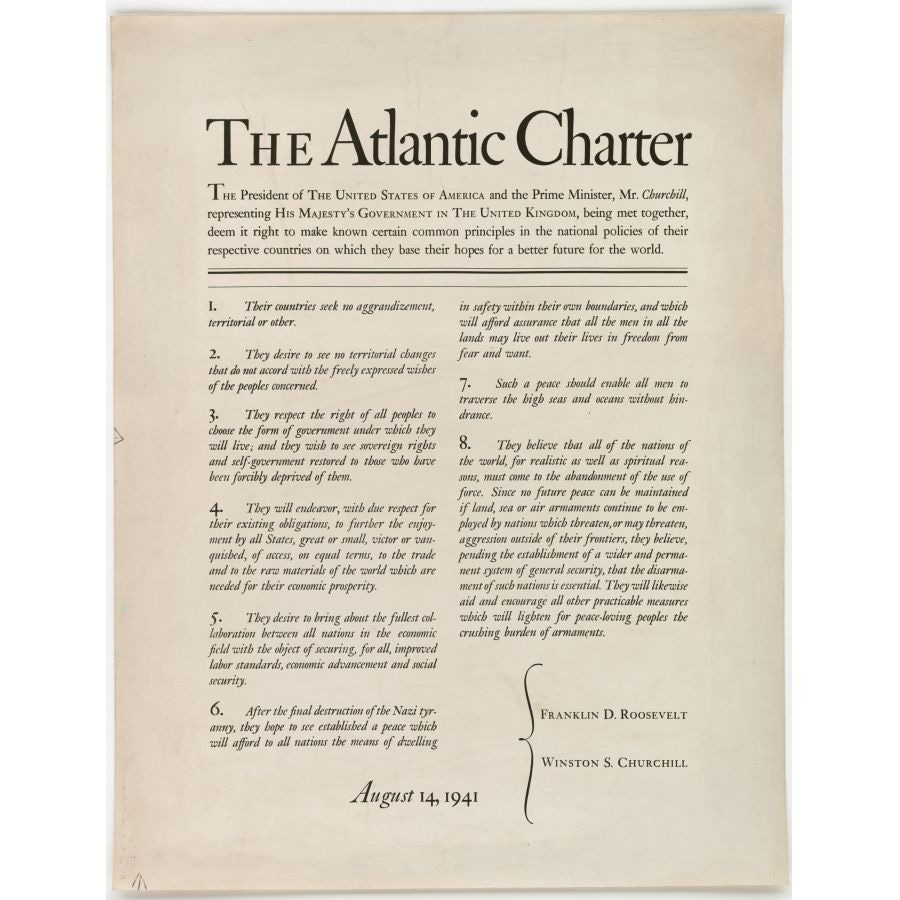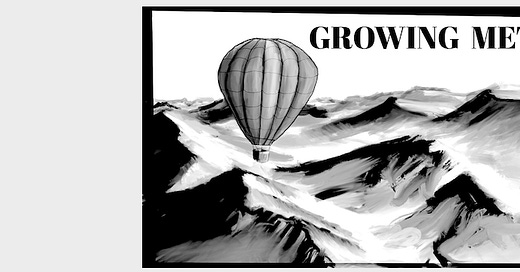Dear reader,
In 1987, three physicists - Bak, Tang and Wiesenfeld - gave a name to seasonal, devastating avalanches: Self-Organizing Criticalities.
The mountain accumulates snow throughout winter, burping small avalanches every now and then, until one day a single snow flake irritates the mountain and the mountain takes no more — a major, angry avalanche cascades downwards.
When the mountain has shed the snow, the cycle begins again.
This ‘closed’ dynamic system is self-organizing. Once it reaches a ‘criticality’ where it can no longer expand beyond a threshold, the system collapses, but then it organizes itself again.
Said criticalities, huge avalanches in this case, follow a long tail (Pareto) distribution - in simple speak: there are many mini avalanches but very few mega avalanches.
The Bak case of self-organizing criticalities (SOC) is significant because it helped draw connections between how physical and non-physical systems worked; any complex system has an ‘attractor’ moment that puts it in a criticality state. The idea was yet another chapter in complexity science.
There were many studies that assessed SOC behavior on different natural and man-made complex systems. Examples include civil protests, earthquakes, and stock markets (here’s an arbitrarily designed agent-based simulator to test SOC phenomena amongst stock traders - I really enjoyed the process of building it).
Now, if there’s anything that’s making noise in the back of my mind right now, it’s the Ukrainian-Russian war: would it trigger the Third World War? It’s a scenario that speculators marginalize yet don’t rule out; it only would take one daring move from either sides to trigger it. One snowflake. All sides made that clear.
Surely, no one wants a war on their land, let alone a world war that would render their hopes into distant dreams.
The fact that leaders are human horrifies me, as humans are forgetful. When going through excruciating labor, you somehow forget the intensity of the pain days or weeks later. So while I am aware giving birth is painful, I still would go through it again — I realize this is a gender-specific anecdote, but you’d get it. Humans naturally have recency biases, and leaders are human, and nations are all about their leaders.
After WWII ended, and devastation befell all of its participants (at varying levels), there was world-wide consensus on the value of prolonged peace. That’s why 50 countries met in California in the spring of 1945 for two months to chart the United Nations, in hopes it will manage to sustain global peace. This loveless marriage of the nations gave birth to several other global organizations, such as the IMF, The World Bank, and the World Trade Organization amongst others.
It was thought that economic interdependence through trade and collaboration would maintain security and peace. It was one of the principles Churchill and Roosevelt agreed upon in a secret meeting in 1941, a meeting Churchill had to cross the war-laden Atlantic to reach. The Atlantic Charter was then released as a shared vision for a better future.

This appetite for peace, prosperity, and economic growth drove the nations to leverage global markets to their own merit. Japan’s economy went from ruins to the second strongest by developing its manufacturing industries and extending their export reach (with the exception of export of weapons, in exchange for US protection from potential threats - but, they were allowed to export kitchen knives). More and more countries found prosperity from economic exchange.
Here’s the but of the story: recently, stronger countries found leverage in being dependent upon, as interdependence is seldom symmetric — often times, it’s only one side that’s dependent in essence.
Now that countries have seen that tying their economies to the mercy of their partners is not fully a great idea, more and more countries will aim for independence. And independence makes it easier to start more wars.
This is the notion that’s been occupying my mind lately. It feels like the world is approaching an ‘attractor’ just like the previous world wars — just like a self-organizing criticality, the world seems to always find its way to a major world war every now and then.
The realist would say not even in science fiction can we create a theory of peace that is sustainable.
The optimist would pray it’s not the case.
Growing Meta is a letter on complex matters, made for dot-connectors.




